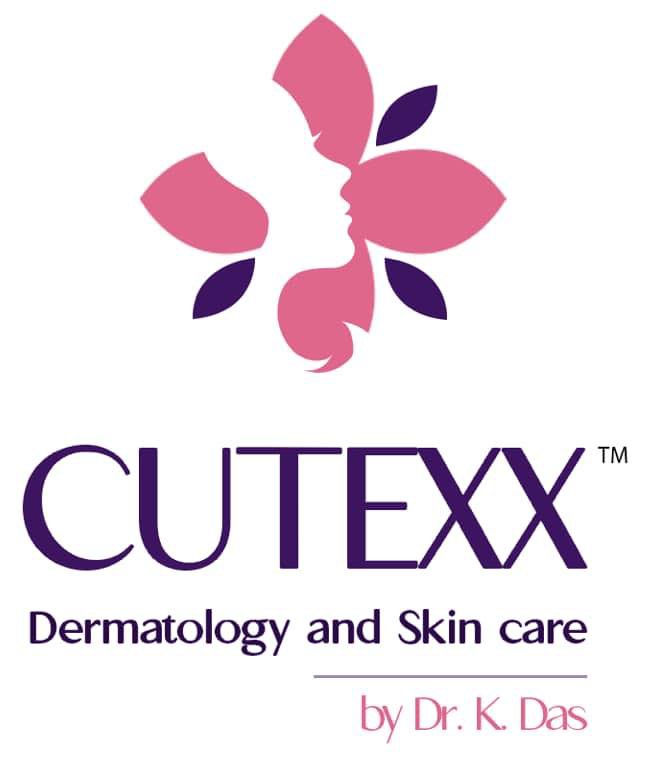
EXCESS HAIR

HYPERTRICHOSIS
This is the term used for excessive hair growth, on any part or the whole body, as compared to other persons of the same age, sex and race.
HIRSUTISM
Hypertrichosis must not be confused with hirsutism, which is defined as androgen-induced growth of terminal (thick dark hair) hair in women, in male pattern distribution (on the side locks, chin, and neck on the face, hair on torso around the naval and increased hair on the body). Hirsutism is androgen-dependent while Hypertrichosis is not.
WHAT IS HIRSUTISM?
Women normally produce low levels of male hormones (androgens). If your body makes too much of this hormone, you may have unwanted thick hair growth in male pattern distribution. In general, hirsutism could be a harmless condition but women find it bothersome and embarrassing.
CAUSES
A common cause of hirsutism is polycystic ovarian syndrome (PCOS)- causing unwanted hair growth, may also have acne, problems with menstrual periods, trouble losing weight, and high insulin levels (as seen in diabetics).
OTHER RARE CAUSES OF UNWANTED HAIR GROWTH MAY INCLUDE
- Can be genetic in nature, that is, it can run in families.
- Tumour or cancer of the adrenal gland or ovary
- Hyperthecosis (a condition in which the ovaries produce excessive male hormones)
- Use of certain medicines, including testosterone, danazol, anabolic steroids, glucocorticoids, minoxidil, and phenytoin
SYMPTOMS
In addition to excess hair growth, many women and girls approaching puberty who suffer from hirsutism also might suffer with some common symptoms
- Absent Infrequent or Irregular Menstrual Periods
- Persistent Acne and Oily Skin
- Deepening of the Voice
- Obesity-increased Muscle Mass
- Hair Loss Associated with Frontal Thinning.
TREATMENTS AT CUTEXX SKIN CLINIC FOR DANDRUFF
Oral Contraceptives – Birth control pills or other hormonal contraceptives, which contain the hormones estrogens and progestin, treat hirsutism by inhibiting androgen production by the ovaries.
Anti-Androgens – These types of drugs block androgens from attaching to their receptors in the body. The most commonly used anti-androgen for treating hirsutism is spironolactone (Aldactone)/flutamide.. Because these drugs can cause birth defects, it’s important to use good contraception while taking them.
Topical Cream – Eflornithine (Vaniqa) is a prescription cream specifically for excessive facial hair in women. It’s applied directly to the affected area of your face and helps slow new hair growth. Eflornithine may take up to two months to work, and hair growth returns to pre-treatment levels within eight weeks of discontinuing the medication.
Note – After beginning a medication for hirsutism, it usually takes a month before you notice a significant difference in hair growth. It’s recommended that you continue taking the medication for six months before changing or adding medications or changing doses.
Laser Hair Removal – Lasers are non-invasive, rapid in action, less painful and are more effective than any other methods of hair removal. Laser hair removal uses laser aimed at the dark color (melanin) in the hairs. This method is best for small and large areas that need treatment. Click here for laser hair removal
TEMPORARY HAIR REMOVAL OPTIONS INCLUDE
- Shaving, which does not cause more hair to grow, but may make the hair look thicker.
- Plucking and waxing are fairly safe and inexpensive. However, they can be painful and there is a risk for scarring, swelling, skin darkening and ingrowth of hair.
WHY Cutexx SKIN CLINIC FOR DANDRUFF TREATMENTS?
We, at Cutexx Skin Clinic, assess, examine and treat all dermatological conditions with utmost care.
Consult Now
Dr. Kinnor Das, MBBS, MD, is a specialist in Dermatology, Venereology, and Leprosy. With extensive training and experience in these areas, Dr. Das is dedicated to providing exceptional care to his patients.

